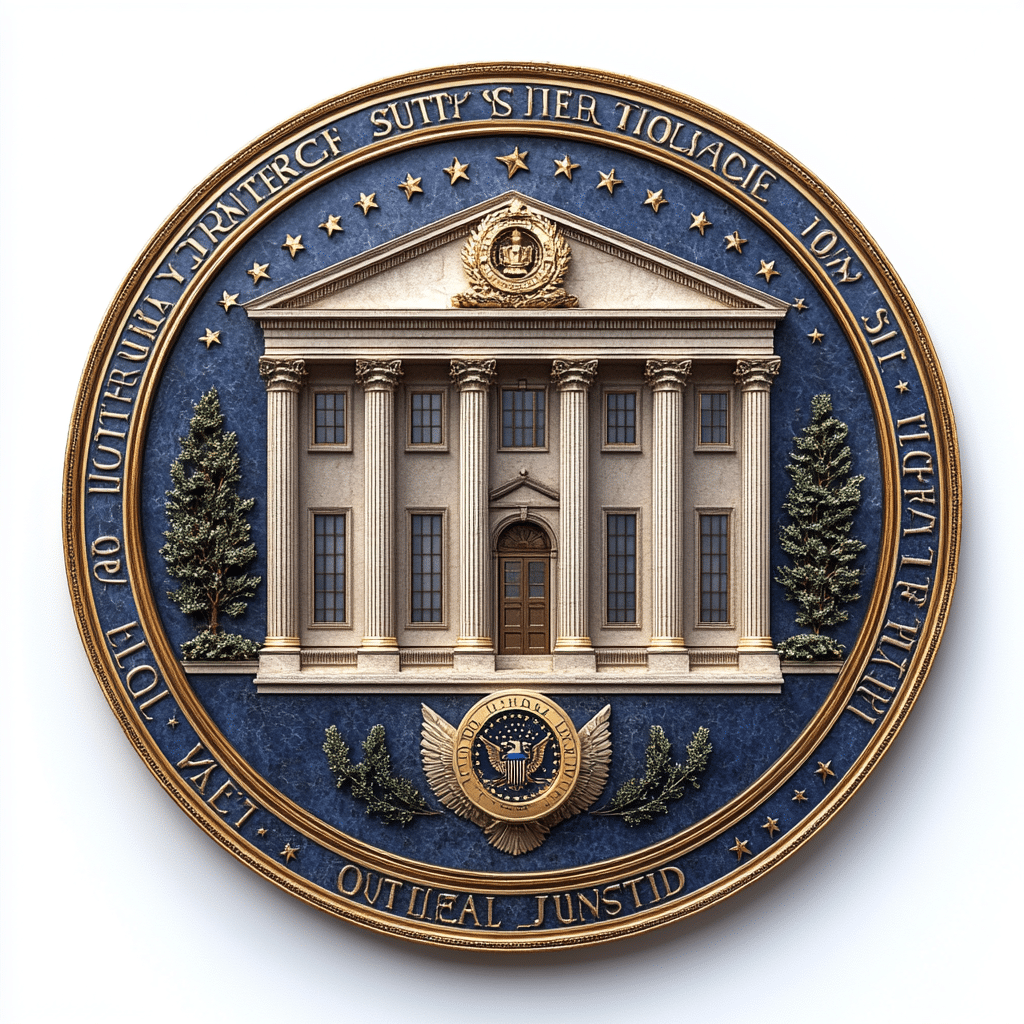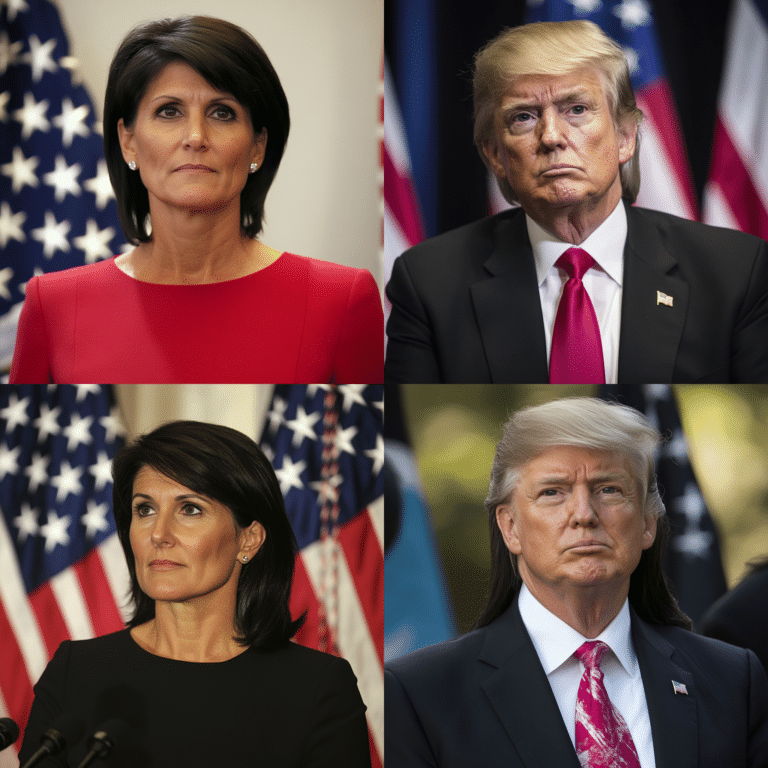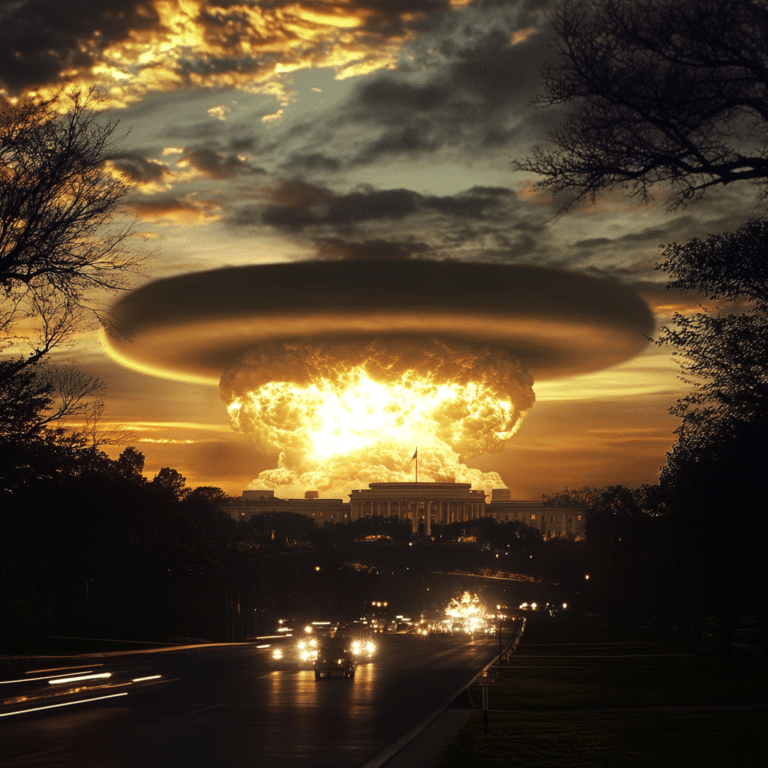In the intricate machinery of American governance, the United States Department of Justice (DOJ) stands tall as a defender of the rule of law. Its authority stretches across both federal and state spheres, enforcing laws that shape the nation’s societal fabric. Established in 1870, the DOJ has transformed into a multifaceted organization responsible for everything from criminal law enforcement to civil rights advocacy. With the weight of justice in its hands, the department’s actions resonate profoundly within ever-changing American life.
Understanding the intricate workings of the Department of Justice is vital in assessing its far-reaching impact. Comprising various divisions—such as the Federal Bureau of Investigation (FBI) and the Drug Enforcement Administration (DEA)—the DOJ oversees a staggering network of almost 115,000 employees working across the globe. Each unit possesses a unique mandate that plays an essential role in maintaining order and safety. Under the helm of Attorney General Merrick B. Garland, the DOJ aims for a fair administration of justice, ensuring that each citizen feels the weight of protection.
The DOJ’s authority isn’t merely bureaucratic; it’s a force that shapes laws and influences public opinion through careful enforcement of federal statutes. The department’s critical responsibilities range from combating terrorism, enforcing civil rights, to managing federal prisons—all of which contribute to the United States’ ideological backbone. As political dynamics shift, the Department of Justice will continue to evolve, reflecting the changing needs of a diverse nation.
Top 7 Powers of the Department of Justice Impacting American Society
With an extensive reach, the Department of Justice holds several pivotal powers that significantly influence American society. Here are the top seven powers that exemplify this impact:
1. Enforcement of Federal Laws
Enforcing federal laws remains one of the DOJ’s most critical roles. The department tackles various issues, including immigration and civil rights violations. High-profile cases, such as the prosecution of the January 6th Capitol rioters, illustrate how enforcement decisions shape public discourse and embody American values. The complications surrounding these cases bring to light the department’s balancing act between justice and social perception.
2. Oversight of Federal Prisons
The Bureau of Prisons operates under the DOJ, managing a web of federal facilities that house thousands of inmates. As discussions around prison reform gain traction, the DOJ’s approach emphasizes rehabilitation—a notable shift in America’s criminal justice mindset. By focusing on reintegration, the department hopes to reduce recidivism and create safer communities across the United States.
3. National Security Concerns
Fighting threats to national security falls squarely within the DOJ’s purview. The National Security Division handles everything from terrorist prosecutions to cybersecurity offenses. As recent ransomware threats illustrate, the landscape is ever-evolving, and the DOJ must adapt swiftly to protect the homeland from both foreign and domestic adversaries.
4. Upholding Civil Rights
The promotion of civil rights is perhaps one of the most consequential roles the DOJ plays. The Civil Rights Division takes aim at systemic discrimination, actively pursuing investigations into local police departments, as seen in its recent scrutiny of the Minneapolis Police Department in the wake of George Floyd’s murder. The DOJ’s commitment to enforcing civil rights laws is paramount in ensuring equal protection under the law for all citizens.
5. Coordination with Other Agencies
Collaboration enhances the DOJ’s effectiveness in enforcement. Working alongside the U.S. Department of Education to combat student loan fraud and the Department of Homeland Security on immigration matters showcases how inter-agency strategy leads to a robust federal response. This coordination not only upholds the law but also fosters a spirit of unity in addressing pressing social issues.
6. Drug Enforcement and Public Health
Through its efforts, including initiatives targeting opioid abuse, the DOJ plays an active role in public health. The DEA closely monitors drug trafficking, particularly focusing on the devastating effects of addiction highlighted in cases like Faces Of Meth. With a clear goal to regulate substances and provide proper treatment avenues, the DOJ recognizes that public health and law enforcement must intertwine.
7. Advocacy in U.S. Courts of Appeals
Representing the United States in legal battles is another significant aspect of the DOJ’s responsibilities. Decisions made in United States Courts of Appeals can set critical precedents influencing laws around immigration and health care. The DOJ’s persistently strategic approach illustrates how its actions can ripple through the entire judicial landscape, affecting millions.
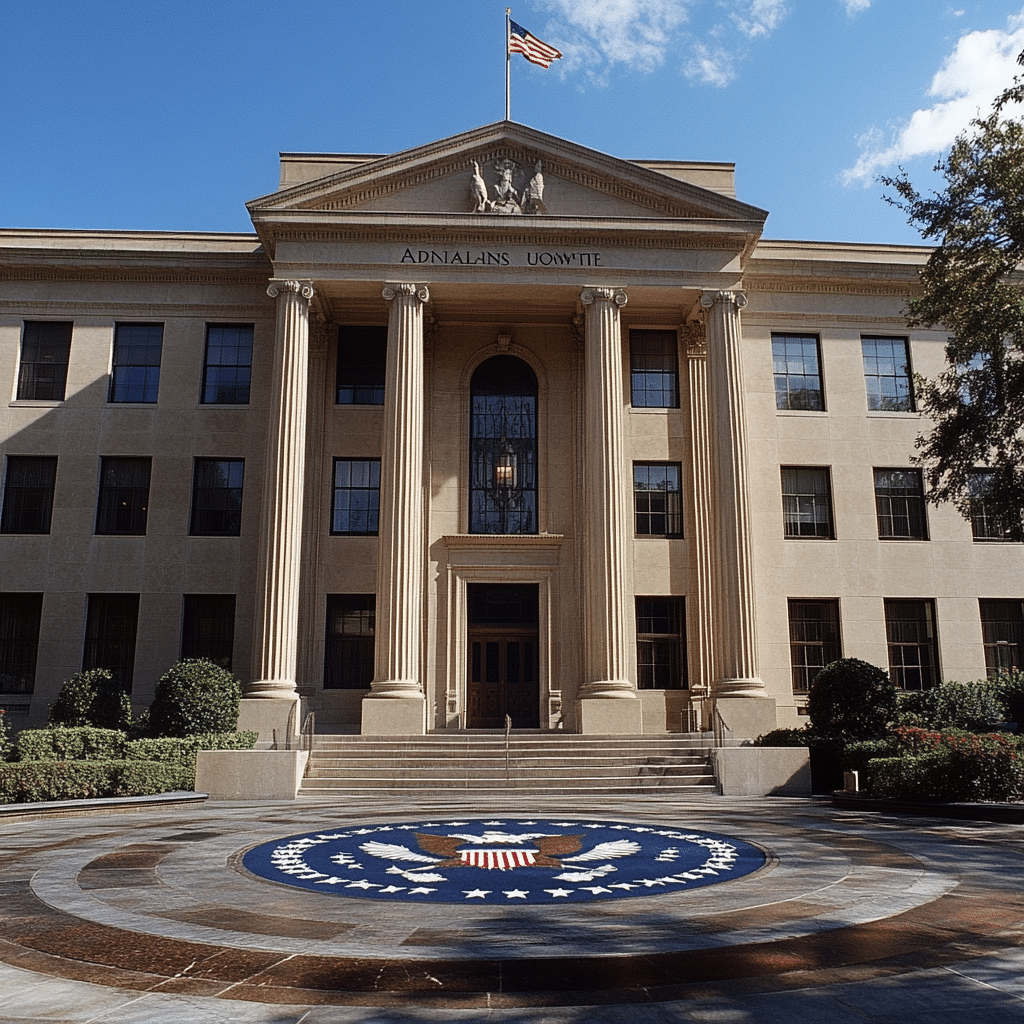
The Intersection of Justice with Education: The Role of the U.S. Department of Education
An often-overlooked aspect of the DOJ’s influence lies in its collaboration with the U.S. Department of Education. Together, they tackle issues of civil rights in schools, ensuring equitable access to quality education. Addressing discriminatory practices has never been more critical, particularly in communities striving for recognition and support.
The DOJ’s engagement with educational institutions serves to fortify students’ rights, allowing them to learn in an environment free from discrimination. Initiatives enhancing educational accessibility for marginalized groups reflect an understanding that justice begins at school. With these efforts, the DOJ creates a solid foundation for a fairer, more inclusive society.
Further, the DOE’s efforts to combat systemic racism in education underline the pressing necessity for these institutions to recognize their power in shaping young minds. The DOJ’s interventions are essential not just for compliance but for instilling democratic values that resonate throughout the nation.
Modern Challenges Faced by the Department of Justice
As society evolves, the DOJ faces new hurdles requiring constant adaptation. Political pressures and public scrutiny challenge its day-to-day operations, influencing priorities and effectiveness. The rise of technology, including cyber threats and domestic extremism, is particularly concerning in a rapidly changing world.
The implications of international crime and domestic conflicts pose critical tests for the DOJ. Navigating the murky waters of political bias and public perception complicates leadership decisions. To maintain its integrity, the DOJ must rise above these challenges while protecting the American people.
An increasing demand for accountability further accentuates the DOJ’s challenges. With citizens calling for a system that ensures fairness and justice, the department must strive for high standards and transparency, ensuring it remains a trusted guardian of American liberty for generations.
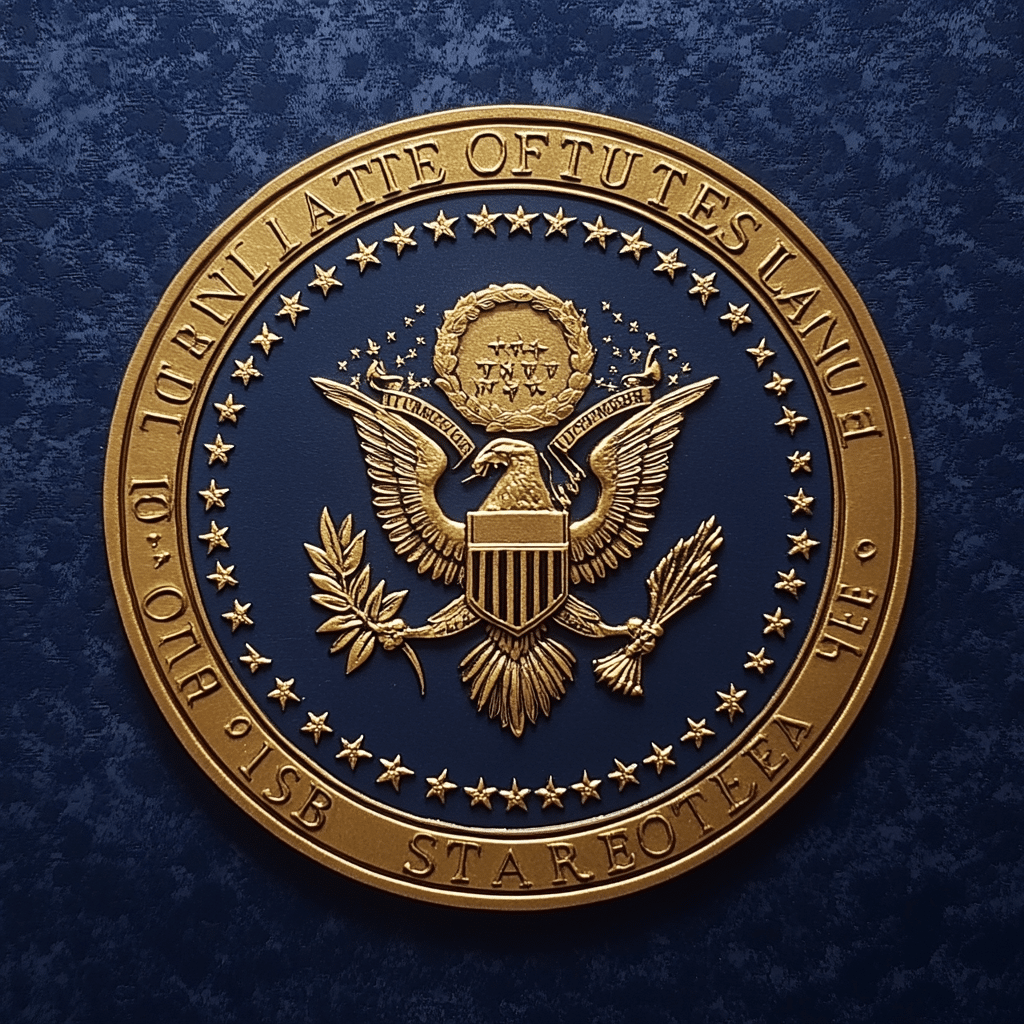
The Future of the United States Department of Justice: Innovations and Perspectives
As the United States Department of Justice approaches new horizons, several trends hint at innovative avenues. An upward trajectory in utilizing technology—such as artificial intelligence in crime detection and data analysis—leans into a future where efficiency can coexist with justice. The DOJ’s adaptation reflects a commitment to evolving law enforcement practices while embracing the digital age.
Increasingly, the DOJ is turning its focus towards community engagement. By educating citizens about their rights and the legal system, the department seeks to bolster trust and collaboration. Fostering open communication between law enforcement and communities is vital for developing deeper relationships built on understanding and respect.
Criminal justice reform remains a critical issue on the agenda. The notion of restorative justice reflects an ongoing journey for the DOJ—one that contests outdated methods like mandatory minimum sentencing. The forthcoming era is ripe for change as the United States pushes for a system that conforms to its foundational principles of fairness and equality.
In summation, the United States Department of Justice occupies a unique and defining role within American governance. Its authority impacts multiple facets of society, shaping the laws that govern our daily lives. Addressing emerging challenges and perspectives will redefine justice as we know it—ensuring that all Americans feel secure in their rights and liberties as free citizens. With its evolving approach, the DOJ stands ready to meet the demands of a nation fervently committed to justice and equity.
United States Department of Justice: Engaging Trivia and Interesting Facts
The Origin Story
The United States Department of Justice (DOJ) has quite the storied past! Established in 1870, it was created to handle the growing complexities of federal law enforcement. Interestingly, the DOJ was originally thought to be necessary due to the infamous political struggles of the time. Speaking of politics, did you know that Steve Schmidt, a prominent Republican strategist, has used his platform to discuss various issues, including the role of federal institutions? His insights often spark debates about the size and scope of government agencies like the DOJ, sparking discussions among the political elite!
Fun Facts About Its Power
The DOJ isn’t just about law enforcement; it also plays a significant role in civil rights. The department enforces several critical acts that protect citizens from discrimination – pretty important stuff! You might be surprised to learn that the Population Of Us Cities has a surprising impact on DOJ operations. For example, urban areas with higher populations often necessitate more resources and tailored strategies for crime prevention and law enforcement. Talk about keeping the balance! And in light-hearted news, did you ever wonder what Lindsay Lohan And the DOJ have in common? They both attract media attention, albeit for very different reasons!
The DOJ and American Culture
With its huge influence, the DOJ has intersected with various cultural phenomena. Did you catch those San Clemente Landslides making headlines? Legal frameworks overseen by the DOJ often come into play when environmental regulations and property rights clash. It’s a fascinating look at how law shapes our understanding of land use! Further, one might be curious about how the politics of a state, like that of the Governor Of South Dakota, can alter federal interactions with the DOJ. Each administration brings a fresh perspective that can impact everything from local policing to federal investigations. Now that’s quite the web of interaction!
So the next time you hear about the United States Department of Justice, remember it’s not just an agency; it’s a cornerstone of American governance, interwoven with history, culture, and even the quirks of celebrity life.
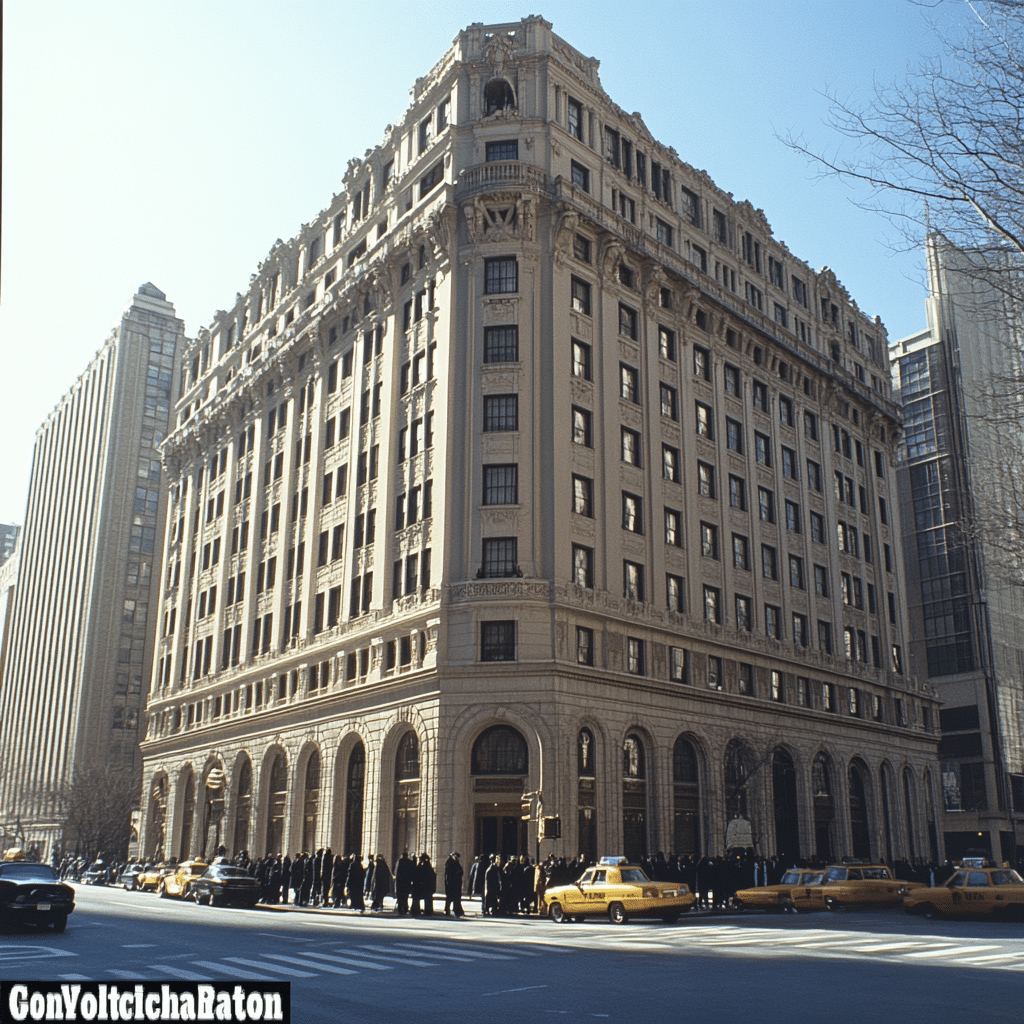
What does the U.S. Department of Justice do?
The U.S. Department of Justice enforces federal laws, seeks fair punishment for offenders, and ensures justice is administered fairly and impartially. It aims to protect citizens, prevent crime, and uphold the rights of the American people.
Who has power over the doj?
The Attorney General oversees the DOJ, making them the highest authority within the department and chief law enforcement officer for the federal government.
Who runs the U.S. Department of Justice?
The U.S. Department of Justice is run by the Attorney General, who leads its staff and represents the U.S. in legal matters, guiding various departments under its umbrella.
Why would I receive a letter from the Department of Justice?
You might receive a letter from the Department of Justice if you’re the target of a criminal investigation, as this is a formal notice providing details about the investigation and expected next steps.
Is the FBI part of the DOJ?
Yes, the FBI is part of the DOJ and plays a crucial role in enforcing federal laws and investigating major crimes within the United States.
Is the dea under the Department of Justice?
Absolutely, the Drug Enforcement Administration (DEA) operates under the Department of Justice, focusing on combating drug trafficking and abuse.
Who has higher rank, FBI or DEA?
In terms of rank, the FBI and DEA have different focuses but the FBI is generally seen as having a broader scope and authority, which may place it at a higher rank in terms of law enforcement hierarchy.
Can the DOJ overrule a judge?
While the DOJ cannot overrule a judge directly, it can appeal a judge’s ruling in federal court or take other legal actions.
Is the CIA part of the DOJ?
No, the CIA is not part of the Department of Justice; it’s an independent agency focused on foreign intelligence and national security.
Who controls the U.S. DOJ?
The U.S. Department of Justice is controlled by the Attorney General, who is appointed by the President and confirmed by the Senate.
What is the most powerful law enforcement agency in the United States?
The most powerful law enforcement agency in the United States is often considered the FBI, given its extensive resources and broad jurisdiction in federal law enforcement.
Who appoints the doj?
The President appoints the DOJ, and this appointment is confirmed by the Senate, making it a role of significant authority.
Why do I keep getting calls from the Department of Justice?
If you’re getting calls from the Department of Justice, it might be related to a legal matter or investigation involving you, but you should verify the caller’s identity and purpose to ensure legitimacy.
What kind of mail comes from the Department of Justice?
Mail from the Department of Justice typically includes legal notices, updates about investigations, or correspondence related to federal law enforcement matters.
How do you know if you are under federal investigation?
You might know you’re under federal investigation if you’ve received a target letter or if you’ve been contacted by federal agents, but it’s best to consult a lawyer if you suspect you’re under investigation.
What is the primary responsibility of the U.S. Department of Justice?
The primary responsibility of the U.S. Department of Justice is to enforce the law, protect the rights of citizens, and ensure the fair and impartial administration of justice.
What is the mission of the U.S. Department of Justice?
The mission of the U.S. Department of Justice is to prevent crime, uphold the rule of law, and seek just punishment for those who violate federal laws, all while safeguarding citizens’ rights.
What is the difference between the Supreme Court and the Department of Justice?
The Supreme Court is the highest judicial authority in the U.S. that interprets the Constitution, while the Department of Justice is responsible for enforcing laws and administering justice at the federal level.
What is the purpose of justice?
The purpose of justice is to maintain social order, protect rights, ensure fairness and accountability, and provide a system where the guilty are held responsible for their actions.

